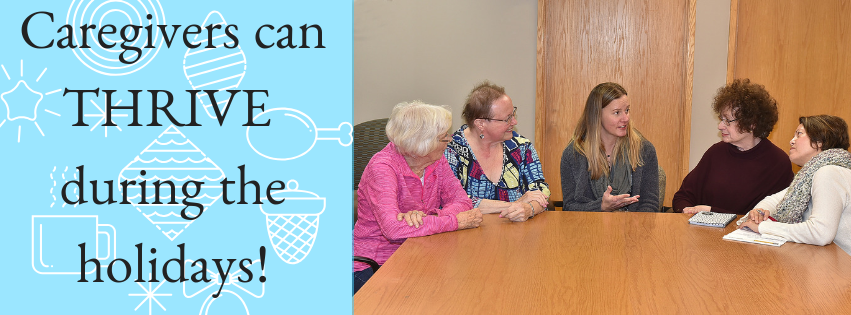Here are some ways you can give support to someone who is grieving:
Be a good listener. Sometimes the best thing you can offer to someone who is grieving is to listen. Assure the person that it is okay to talk about his or her feelings. Although you cannot erase the pain of the bereaved person’s loss, you can provide a great deal of comfort by being there to listen.
Respect the person’s way of grieving. There is no right or wrong way to grieve. Everyone grieves in his or her own way. The sadness of loss, however, is universal.
Accept mood swings. Be aware that a grieving person will have emotional ups and downs. Grief is often described as an emotional roller coaster. Someone who has just lost a loved one may feel fine one moment and overcome with emotion the next. This is a normal part of the grieving process.
Avoid giving advice. It is best to avoid making suggestions about what the bereaved person should or shouldn’t do. Such advice is usually well meant, but it may make the bereaved person feel worse. Instead, let the person know that you recognize how great his or her loss is. For example, you might say, “This must be a difficult time for you,” or “How painful this must be for you and your family.”
Refrain from trying to explain the loss. Words that are meant to console the bereaved can in some cases have the opposite effect. Avoid saying things like “Your loved one is in a better place,” “It is God’s will,” or “At least she or he is no longer suffering.” Listening is more helpful.
Help out with practical tasks. A bereaved person may be glad to have help with activities like grocery shopping, preparing meals, making phone calls, doing laundry, babysitting and so on. Rather than saying, “Let me know if there is anything I can do to help,” offer assistance with specific tasks you are in a position to help with.
Stay connected and available. There is no timetable for grief. People who are grieving need time to heal, so be patient. Let the bereaved person know that you will check in often. Even if he or she is not yet ready to talk or to be around others, simply knowing you’re there can be very comforting.
Offer words that touch the heart. It’s natural to struggle with finding the right words. Simple words are often the best. For example, say: “I’m so sorry for your loss. How can I help?” No matter how unsure you may feel about the support you are offering, what matters most is that you are genuinely concerned and want to help. The bereaved person will likely appreciate your sincere efforts to be supportive.
www.cancercare.org/publications/67-how_to_help_someone_who_is_grieving






 By Becky Allard, LSW
By Becky Allard, LSW


